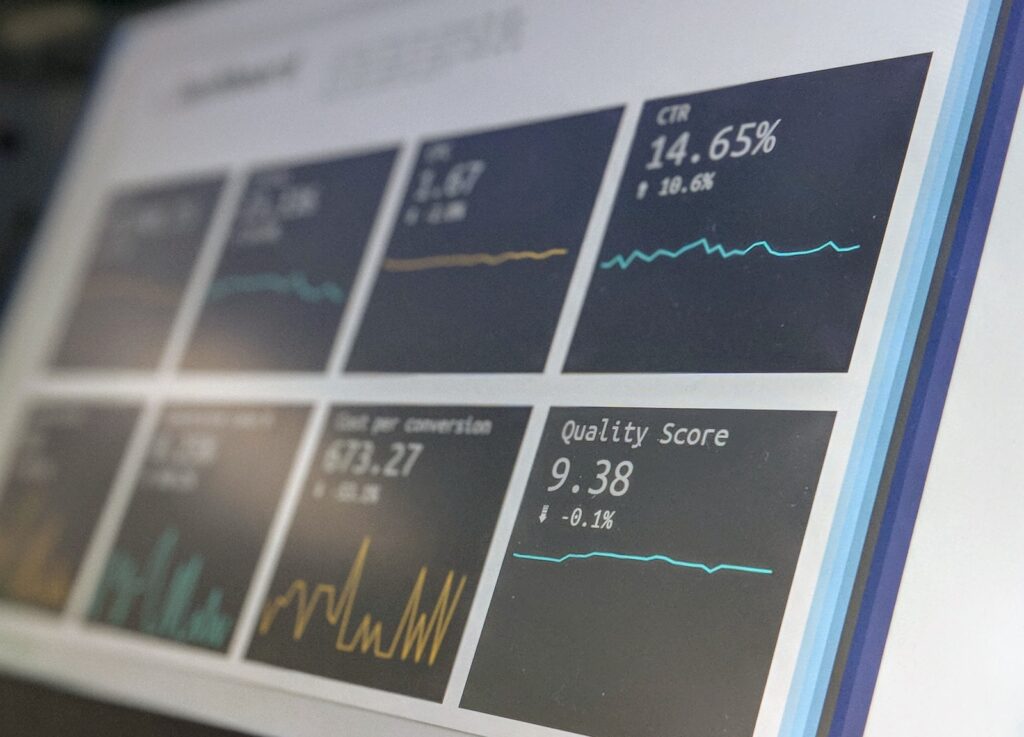Data analysis is the process of collecting, organizing, and interpreting data to find patterns, trends, and insights that can help solve problems or make decisions. Data analysis is a skill that is in high demand across various industries and sectors, as data becomes an increasingly valuable asset for organizations.
If you are interested in pursuing a career in data analysis, you may wonder what kind of job opportunities are available, what skills and qualifications you need, and how to land your first data analyst job. In this article, we will answer these questions and provide you with some tips and resources to help you start your career in data.
How to Land Data Analyst Internships
One of the best ways to gain experience and exposure in the field of data analysis is to apply for data analyst internships. Internships are short-term work opportunities that allow you to learn from professionals, work on real-world projects, and build your network and portfolio.
To land a data analyst internship, you need to have some basic data analysis skills, such as SQL, Python, R, Excel, statistics, and data visualization. You also need to have a strong resume and cover letter that highlight your skills, achievements, and interest in data analysis. Additionally, you need to prepare for the interview process, where you may be asked to demonstrate your data analysis skills, explain your projects, and answer behavioral and technical questions.
Some of the places where you can look for data analyst internships are:
- Indeed: A popular job search platform that lists thousands of data analyst internships across various locations and industries.
- Glassdoor: A website that provides information about companies, salaries, reviews, and internships. You can filter your search by location, industry, and company size.
- LinkedIn: A professional networking site that allows you to connect with data analysts, follow companies, and apply for internships. You can also showcase your projects and skills on your profile.
- DataCamp: An online learning platform that offers courses and projects on data analysis, data science, and machine learning. You can also find internships and jobs on their career portal.
Data Analyst Roles

A data analyst is a professional who uses data to help answer business questions, solve problems, and make decisions. Data analysts work with data from various sources, such as databases, spreadsheets, web analytics, surveys, and customer feedback, to analyze and interpret data using statistical and analytical methods. Data analysts also communicate their findings and recommendations to stakeholders using data visualization tools, such as Tableau, PowerBI, or Excel.
Some of the tasks that data analysts perform are:
- Defining and understanding the business problem or question that needs to be answered using data.
- Collecting and cleaning data from relevant and reliable sources using tools such as SQL, Python, or R.
- Exploring and analyzing data using descriptive and inferential statistics, such as mean, median, standard deviation, correlation, regression, hypothesis testing, and ANOVA.
- Creating and presenting data visualizations and dashboards that summarize and communicate the key insights and results of the data analysis using tools such as Tableau, PowerBI, or Excel.
To become a data analyst, you need to have a degree in a quantitative field, such as mathematics, statistics, computer science, or economics. You also need to have skills in data analysis tools and techniques, such as SQL, Python, R, Excel, statistics, and data visualization. Additionally, you need to have business acumen and communication skills to understand and convey the data analysis results to stakeholders.
According to Glassdoor, the average salary for a data analyst in the United States is $62,453 per year. The demand for data analysts is also high, as Indeed lists over 14,000 job openings for data analyst roles in the United States.
Data Analyst Jobs
As a data analyst, you can work in different roles depending on your skills, interests, and industry. Some of the common data analyst roles are:
- Business analyst: A business analyst uses data to help improve the performance, processes, and strategies of a business. They work closely with stakeholders to understand their needs, goals, and challenges, and provide data-driven solutions and recommendations. A business analyst may use tools such as Excel, Power BI, Tableau, and SQL to analyze and visualize data.
- Marketing analyst: A marketing analyst uses data to help optimize the marketing campaigns, strategies, and activities of a business. They collect and analyze data from various sources, such as web analytics, social media, surveys, and customer feedback, to measure the effectiveness and return on investment (ROI) of marketing efforts. A marketing analyst may use tools such as Google Analytics, Facebook Ads, Mailchimp, and Python to analyze and report data.
- Financial analyst: A financial analyst uses data to help evaluate the financial performance, health, and risks of a business. They analyze data from financial statements, budgets, forecasts, and market trends, to provide insights and guidance on financial decisions, such as investments, acquisitions, and mergers. A financial analyst may use tools such as Excel, R, SAS, and SQL to analyze and model data.
- Data engineer: A data engineer is responsible for building and maintaining the data infrastructure and pipelines that enable data analysis. They collect, store, process, and transform data from various sources and formats, such as structured, unstructured, and streaming data, into a usable and accessible form for data analysts and data scientists. A data engineer may use tools such as Hadoop, Spark, Kafka, and AWS to handle big data.






